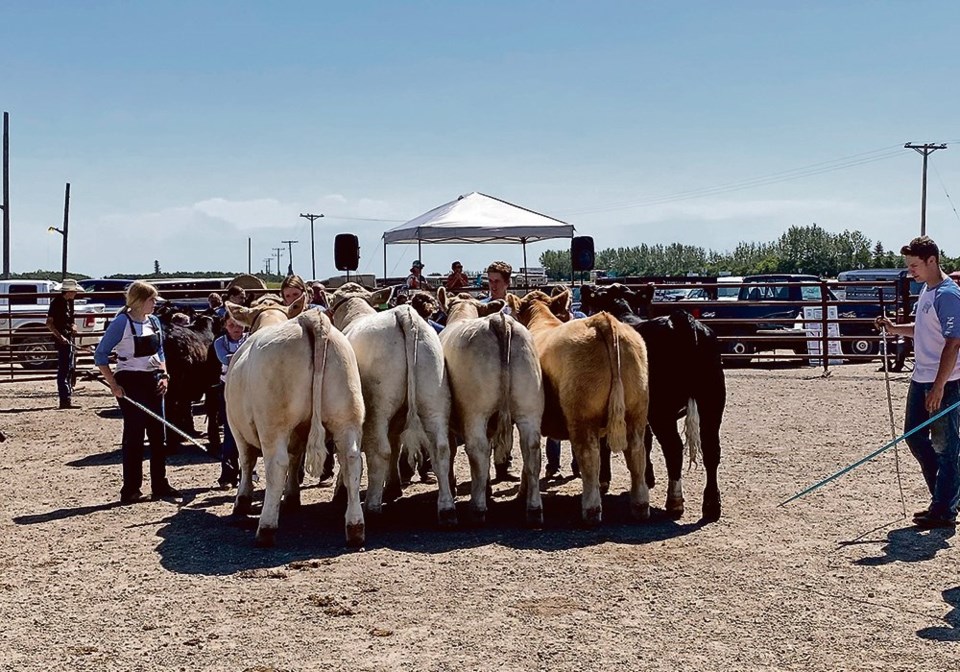KENNEDY, Sask. — With COVID-19 restrictions lifting across the Prairies, 4-H groups in Alberta, Saskatchewan and Manitoba are looking forward to a return to pre-COVID times.
“Everybody is excited to get back to normal as much as we can, of course, ensuring that safety measures continue to be in place for everybody,” said Shelby Corey, Saskatchewan 4-H executive director.
Many of the events that weren’t possible during COVID restrictions are being held this year, which has 4-H management groups looking forward to an unrestricted summer.
“As soon as those restrictions lifted, we were very quick to get planning in-person events for our members,” said Manitoba 4-H executive director Shannon Carvey.
“I know every active club in the province has done the same.”
Kurt Kinnear, chief executive officer of 4-H Alberta, said they followed the provincial health guidelines, just as Saskatchewan and Manitoba did.
“We’re continuing to be cautious, but we’re leaning forward with as many programs as we can and as many opportunities as we can to serve our youth,” said Kinnear.
As COVID swept across Canada and the Prairies, restrictions and mandates made life difficult for 4-H groups as almost everything was previously done in person.
On March 1 all COVID restrictions in Alberta and Saskatchewan lifted. Manitoba dropped mandates on March 15.
“What we had to do was reduce the size of a lot of our events to match AHS (Alberta Health Services) regulations,” said Kinnear. “And we were able to get additional support from AHS to run our small events across the province. They provided us an exemption for small, restricted events.”
Each 4-H group followed the provincial health and safety restrictions and guidelines, including in-person gathering limits and mask mandates.
“It was definitely more challenging because the 4-H program is such a hands-on program,” said Carvey. “Our motto is learn to do by doing.”
Prairie 4-H organizations had to cancel the larger in-person events but did their best to keep interest in 4-H high, adapting to each situation.
Kinnear said they tried to minimize the impact as much as possible but were still offering services.
“We believe that we needed to be there for the youth throughout all of this and give them some stability and a community.
“I think it was really hard on our community, but 4-H-ers are very resilient.”
The provincial 4-H groups used online conferencing to help bridge the communication gap between leaders and members.
Carvey noticed members leaving 4-H through the pandemic, but also noticed many new faces joined, keeping member numbers fairly steady.
“There were kids that weren’t able to play volleyball and hockey and those recreational activities that weren’t happening,” said Carvey. “Our ability to pivot and offer that virtual programming actually saw us have some new members to 4-H join us last year and this year.
“Kids that wouldn’t normally have joined traditional clubs were able to join us virtually… we did see new membership due to the fact that we were offering something virtually and not all other organizations were able to do that.”




